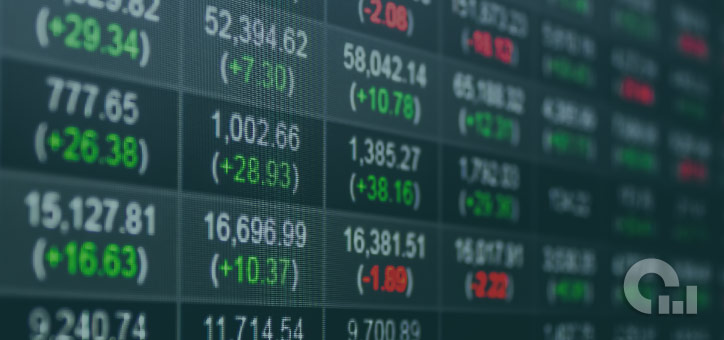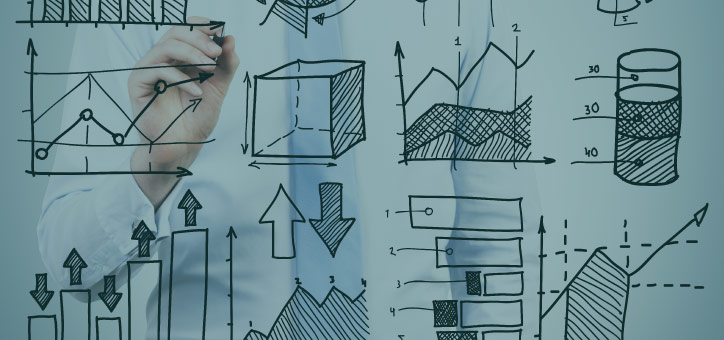We’ve all likely heard of economics, but many of us may not have a comprehensive grasp of the utility and impact this field of study has on businesses and economies.
This article aims to educate you on what economics is and why studying it could change your life forever!
What Is Economics?
One of the first things we have to discuss when talking about why you should study economics is what is the field of economics. Let’s start with a definition from dictionary.com, which defines economics as “the science that deals with the production, distribution, and consumption of goods and services, or the material welfare of humankind.” Basically, this field studies how individuals, businesses, and other entities allocate and distribute limited resources when attempting to achieve particular goals.
It’s also important to point out that economics is a social science that studies how humans make decisions in particular situations. If you’re someone who likes psychology, then economics is definitely a field you’d find interesting.
Related: Ultimate Guide to Economics
Macroeconomics vs. Microeconomics

Like many other fields, economics has branches of study, two of which you’ve most likely heard of are macroeconomics and microeconomics. While you may have heard of these terms, you may not have a good grasp of what each of these subjects entails, so we’ll briefly explain each topic.
Macroeconomics, as the prefix to the word suggests, deals with the macro or big picture views of an economy. Dictionary.com defines macroeconomics as “the branch of economics dealing with the broad and general aspects of an economy, as the relationship between the income and investments of a country as a whole.”
With macroeconomics, you may be studying topics such as the unemployment rate of a country, changes in the Gross Domestic Product (GDP), and reasons for booms and busts in an economy, among other topics.
Conversely, microeconomics deals with the day-to-day transactions in an economy and how consumers make purchasing decisions. Dictionary.com defines microeconomics as “the branch of economics dealing with particular aspects of an economy, as the price-cost relationship of a firm.”
While macro and microeconomics are the two primary branches of economics, there are many other areas where students can choose to specialize, such as business economics and economic history, to name a couple. These specialized areas of economics will fall under either the microeconomic or macroeconomic subfield.
Related: What Is Specialization in Economics?
Economics Applied
While certain individuals develop economic theory and teach the subject for a living, economics is an applicable social science that can have real-world impacts.
What’s the point of learning information that cannot be utilized in everyday life? Economics is a field that focuses on both the psychology of why and how people spend their money and how economies function. Businesses are essential to an economy and are constantly looking for ways to increase profits. Understanding why individuals purchase particular products over others is the knowledge that can mean significant financial gains for businesses. Companies are willing to pay top dollar to find out these secrets. So, studying economics could pay off in big ways in your future career!
Understanding how both businesses and people function in an economy helps us understand how economics can be used as a lens through which people and companies make decisions. You can even apply what you learn to your own spending and consumption decisions to ensure you’re allocating your financial resources optimally.
On the business or company side, managers are often overwhelmed by uncertainty and confusion about how to handle the many unknowns that surround business decisions. Economics is a model through which managers can eliminate some uncertainty and make educated business decisions that will positively impact their company’s bottom line.
Related: What Is Business Economics?
Economics as a Career

As mentioned above, economics is more than a theoretical discipline; it can become an applicable career that could reap large financial benefits!
If you’re willing to stick out the education process to get either a master’s or doctorate degree, you’re likely to have a fulfilling career as an economist. The majority of economists have a doctorate, but around 30% have a master’s, which means if you wanted to start working after the completion of your master’s, then that’s a viable option.
Economists are certainly compensated for their time and financial investment in their education, as their annual median income is over $105,000. This figure is the median income, which means that the top 10% of economists earn more than $185,000 per year. Your starting salary and earning potential will also vary depending on which state you end up landing a job in, as some states pay more for economists than others.
Related:





